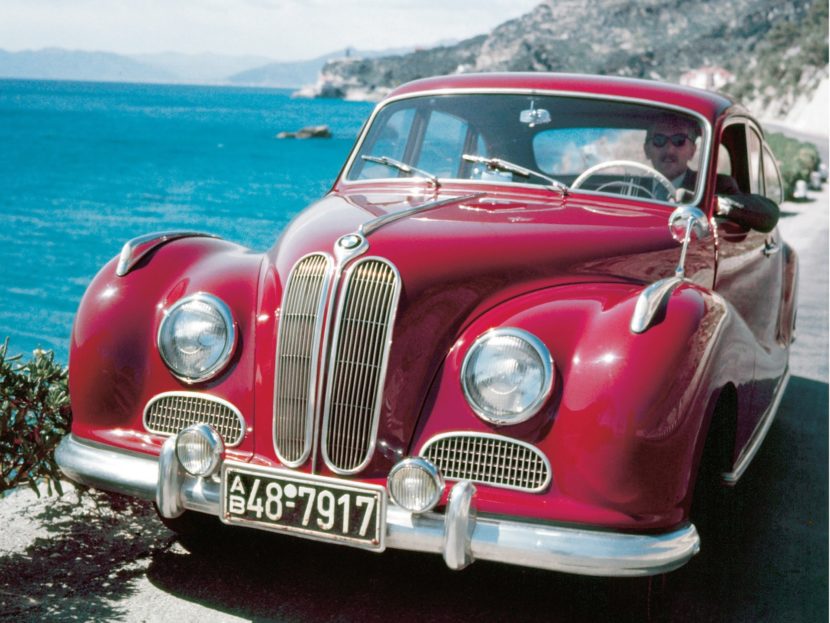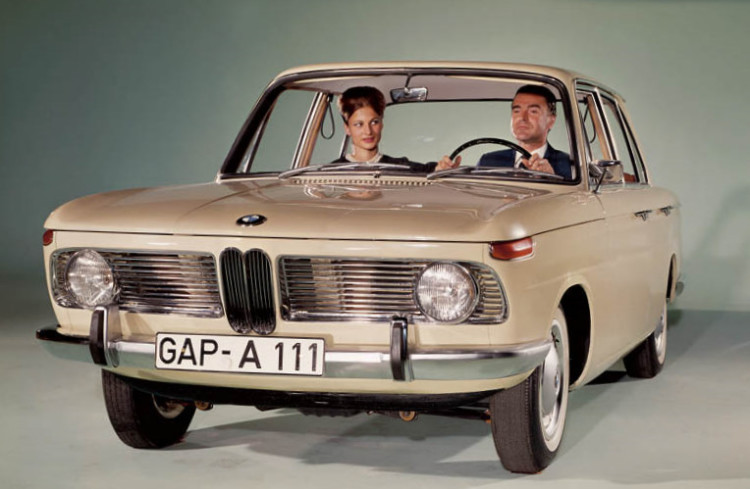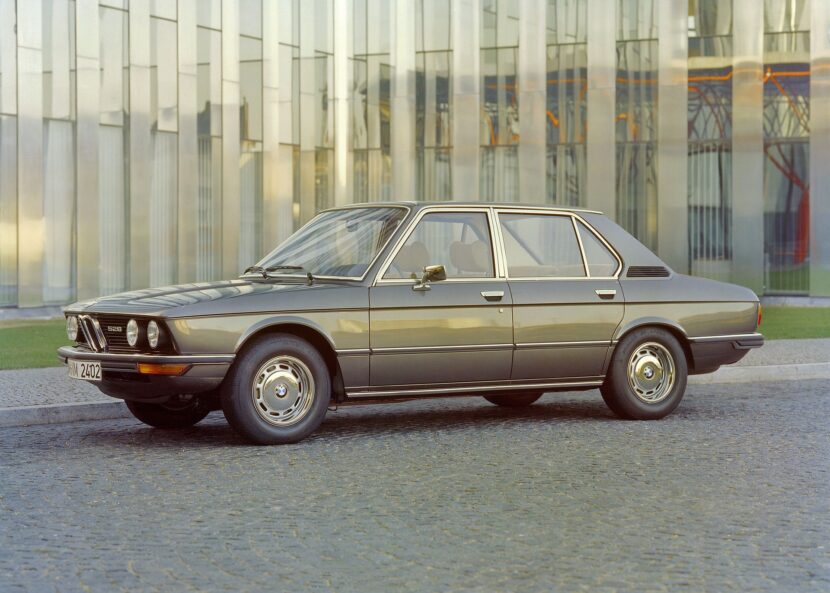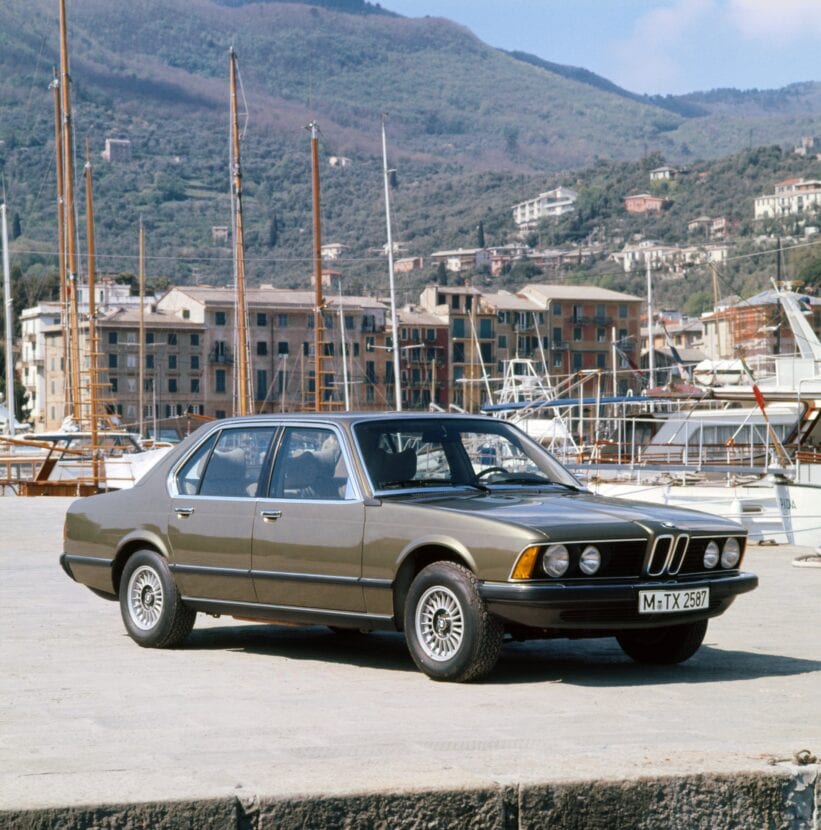
[ad_1]
In 2025, BMW is embarking on a new era with the introduction of the “new” Neue Klasse, marking another phase of reinvention. However, this article will provide a concise overview of BMW’s history, tracing back to the 1940s, highlighting that this isn’t the brand’s inaugural transformation.
As 1948 dawned on Germany there was still a lot that needed to be done to recover from the ravages of World War II – a most fateful decision was currency reform which led to the eventual split of Germany into two, the Federal Republic of Germany, west, and the German Democratic Republic, east.
BMW’s Eisenach Factory
BMW did not escape the war in any condition to continue operations – aero engine manufacture was forbidden (and tooling and test apparatus were being seized as war reparations). BMW’s Eisenach factory straddled the border of east and west, unfortunately it was on the eastern side. This was the factory where the charming, and celebrated, 327 and 328 models had been produced in the 1930s.
BMW tried anything, even making metal housewares, to keep people employed. But that wasn’t enough and management had a set of hard decisions to make. On one hand they could attempt to go for volume – a small car, the cute little 531 concept comes to mind, or they could try to carve a niche at the high end. Given VW’s small car and facilities that might not have been quite ready for volume production, BMW chose to build the 501 and 502, the 503 and 507, various BMW Isettas (250,300,600) and eventually the Michelotti 700. But this was a hodgepodge collection of vehicles with no consistent brand message between them.
BMW Needed To Understand Its Brand
In “BMW by Design”, Steve Saxty describes the process that led BMW to understanding its brand again. BMW survived thanks to the financial intervention of the Quandts in 1959/1960 and the brand new 1500. The Neue Klasse car, designed by Michelotti and realized by Wilhelm Hofmeister, the Head of Bodywork Development, was a perfect entry into the mid tier class of cars on the West German market. Hofmeister left his mark with the eponymous kink that appeared on the 1500 (though that dog-leg C pillar treatment had been seen previously in the 1948 Cadillac 62 Club Coupe).
The Hofmeister Kink Was Born
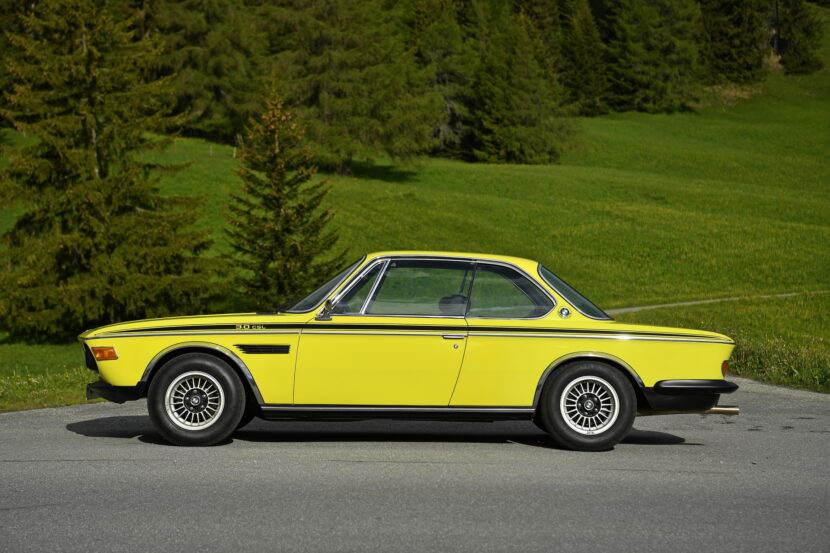
The 1500 brought relief that allowed BMW to blossom and now possibly a Styling Department could be maintained. Paul Bracq came to BMW, having been at Daimler Benz in Sindelfingen with a bevy of designs to his credit. This hire started what we know as BMW’s golden era of design. Along the way BMW started using model designations for its concepts beginning with the letter E, for Entwicklung (development).
In 1972, the 5 series E12 arrived replacing the older mid-range sedans. Bracq then worked on a two-door replacement for the 2002 which resulted in the creation of the E21 3 Series. Bob Lutz, who had been brought in to BMW to replace Paul Hahnemann, took a look at the curtailed rear of the proposed car and asked that it be revised to include a workable trunk (the concept was to re-emerge as the 318ti). Eventually the new 3 series would gain two more doors for European markets that wanted smaller family cars.
That left the big car segment uncovered and work had started on the E23 7 series, with Paul Bracq out, BMW hired the designer of the extraordinary NSU Ro80, Claus Luthe. Under his guidance BMW fielded a lineup that could compete with their rivals in Stuttgart.
Paul Bracq’s contributions are covered lovingly in the second chapter of Steve Saxty’s, BMW’s Hidden Gems’. Reading Saxty’s, “BMW by Design”, simultaneously will detail the transition from Bracq to Luthe. The drawings and photos in both books bring the stories to life. Seeing a drawing that Paul Bracq used to help engineers understand the reasons for why a certain design worked is worth the price of admission. The three-volume boxed set will be available soon – at a pre-order price of £244.95, around $300.
[ad_2]

